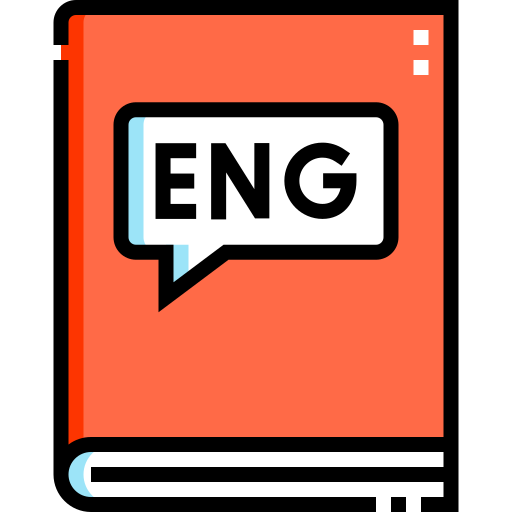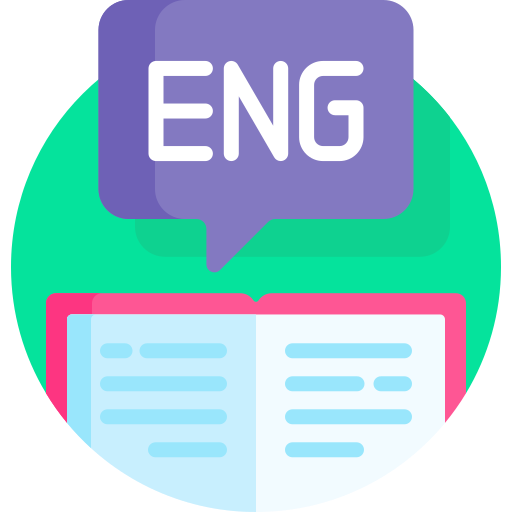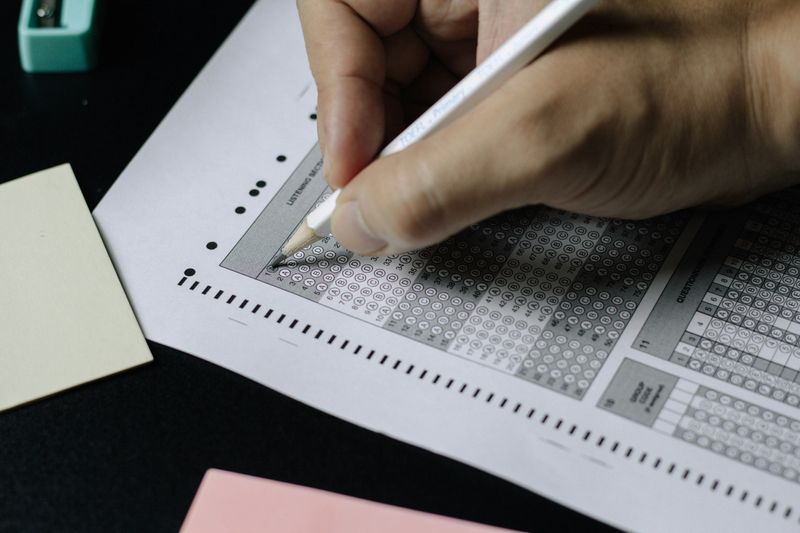
This logo isn't an ad or affiliate link. It's an organization that shares in our mission, and empowered the authors to share their insights in Byte form.
Rumie vets Bytes for compliance with our
Standards.
The organization is responsible for the completeness and reliability of the content.
Learn more
about how Rumie works with partners.
 Photo by Isumi Daizy on Unsplash
Photo by Isumi Daizy on UnsplashAre you a beginner in taking the GRE? Are you struggling with the Verbal Reasoning sections? It can be overwhelming to study for the GRE but knowing the structure of the Verbal Reasoning part is the first step:
Section 1 has 12 questions and you're allocated 18 minutes to complete.
Section 2 has 15 questions and it's estimated to take 23 minutes to complete.
The final score for the Verbal Reasoning sections will be between 130-170. Most graduate schools don't state a specific score they require for admission, so try to do your best and aim for the highest score possible.
These tips on GRE preparation for beginners will help you get get ready for Verbal Reasoning.
What's being measured

The Verbal Reasoning sections assess your ability to understand, analyze, deconstruct, and comprehend texts and be able to answer questions from these texts.
You need to:
Analyze, evaluate, synthesize, and comprehend texts.
Understand the links between sentences to focus on the main themes and make inferences.
Recognize links between words and concepts in texts and their relationship to the main themes.
Understand the meaning of certain vocabulary and use the words effectively and correctly.
Types of Verbal Reasoning questions

Requires engaging with and questioning the text, creating hypotheses, and understanding the relationship between texts and information.
Tests interpretation and evaluation while reading texts.
Removes important words from short texts.
Requires you to fill in the blank words with the choices given to you to create a text that makes sense.
Single sentence questions with one blank word that needs to be answered with the right word from the options given.
Similar to the Text Completion questions.
Quiz
What type of question is this be? "Upon visiting the Middle East in 1850, Gustave Flaubert was so _______ belly dancing that he wrote, in a letter to his mother, that the dancers alone made his trip _______."
This question Text Completion question is a real question from the Verbal Reasoning sections of the GRE. Text Completion requires filling in multiple missing words in a short text, while Sentence Equivalence only requires filling in one missing word in a sentence.
What you need to study

To prepare and excel in the Verbal Reasoning sections of the GRE, you need to know exactly how and what to study.
Verbs and tenses
Subject-verb agreement
Idioms and idiomatic expressions
Nouns, pronouns, adverbs, adjectives
Pronoun agreement
GRE specific vocabulary
Verbal Reasoning study materials
 Photo by Debby Hudson on Unsplash
Photo by Debby Hudson on UnsplashAs a beginner in GRE preparation, there are specific study materials that will help you prepare and excel in the Verbal Reasoning sections of the GRE.

Study tips for success

Now that you know what to study, you need to understand how to study as a beginner preparing for the GRE.
Set a target goal and aim to achieve it.
Create a study plan to fill in your knowledge gaps in the Verbal Reasoning sections.
Read more and develop comprehension skills.

Learn the vocabulary. The GRE uses a range of vocabulary, use vocabulary resources for practice like this list of the most common GRE vocabulary words.
Pay attention to details in questions. Context in the texts is important to answering questions correctly.
Complete practice tests and review your mistakes.
Take Action
 Photo by VENUS MAJOR on Unsplash
Photo by VENUS MAJOR on UnsplashGRE preparation for beginners can seem overwhelming, but if you follow these tips you will soon feel ready to ace the test!
This Byte has been authored by
Katira Ahmed
Instructional Designer & UX/UI Designer
Master of Education
